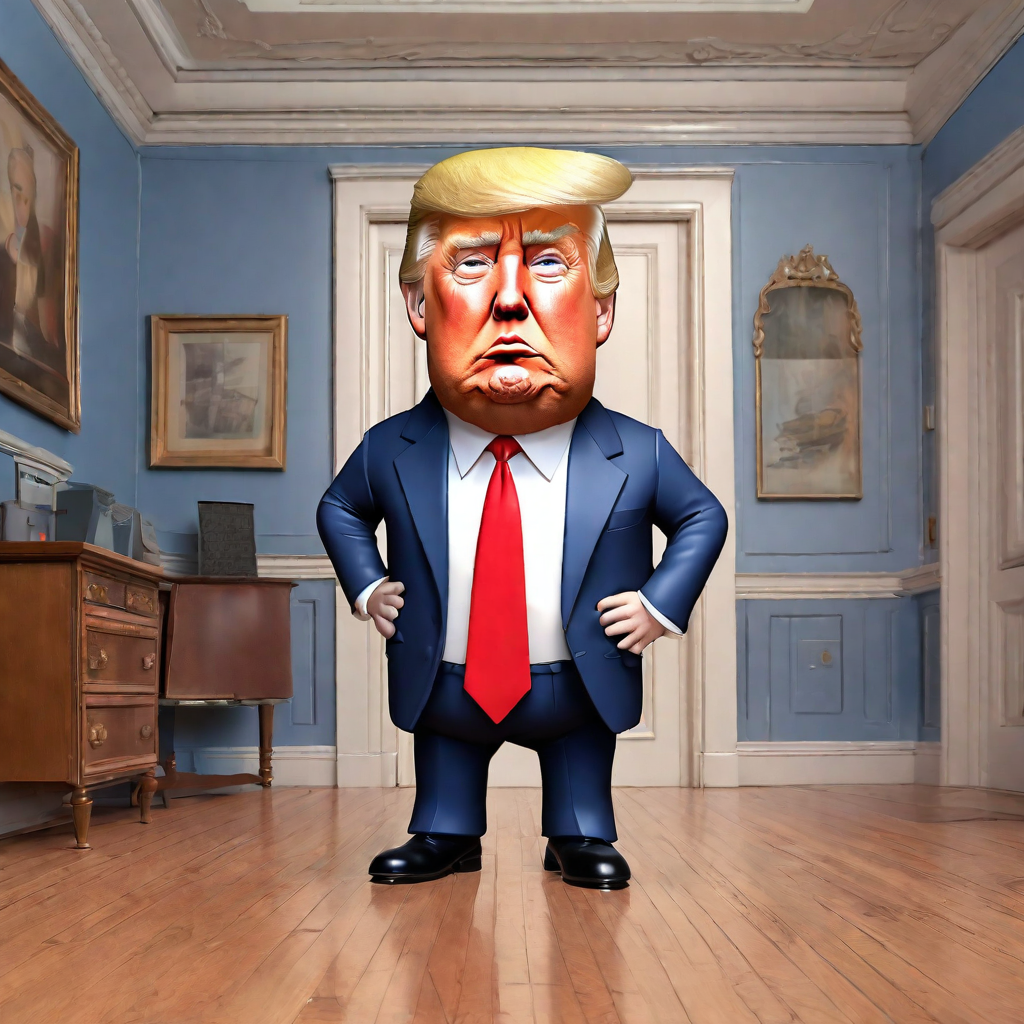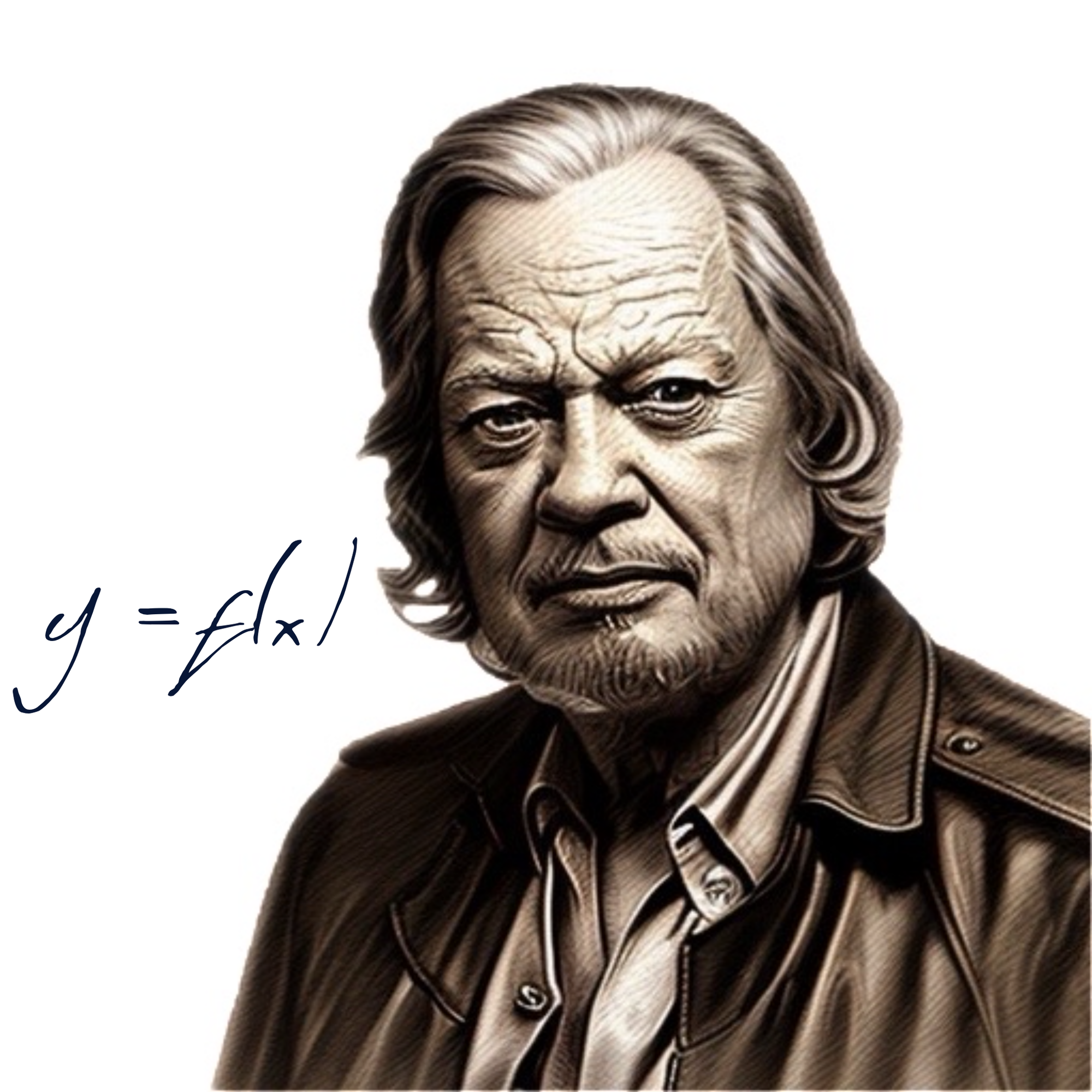Table of Contents
Trump kills everything he touches
Today, the Supreme Court heard oral argument in Trump. v. Anderson, the Colorado case removing Trump from the presidential primary ballot on the grounds of his disqualification under Section 3 of the Fourteenth Amendment from holding office for having previously taken an oath to support the Constitution but engaging in isurrection.
The questions posed by the Justices point in the direction of allowing him to remain on the ballot. They also evidenced an eagerness to base their decision on what are popularly called technicalities. I approve , reluctantly, of keeping him on the ballot. I worry more about how the decision can avoid collateral damage to Supreme Court doctrine—how it goes about deciding cases.
The big picture
States have the authority to choose electors. The power is almost plenary, meaning that they can do it almost anyway they please. Two limitations are well established—they can't expand the qualifications to be president and they can't use their power in violation of the Equal Protection Clause. So, can they or can they not apply the Section 3 restrictions?
How many angels
What do office and officer mean? Is the president an officer? If so, he can't be an officer for the meaning of the Appointments Clause because he cannot appoint himself. (That might be called into question in a second Trump Administration perhaps.) Various other arguments to take the presidency out of the scope of Article 3 were advanced. Justice Jackson who has previously treated the Fourteenth Amendment as law that must be understood in its historical context asked why Section 3 should not be considered to have been directed to preventing the return to power in the Southern states of the same officials who were, in effect defeated on the field of battle (not her words).
Does an otherwise obscure case about a writ of habeas corpus provide the answer? Griffin (an ex-slave) sued to overturn his conviction by a judge who had been an insurrectionist. The case was heard by Chief Justice Chase acting as a circuit court judge. He dismissed on the grounds that because Congress had not made any provision for enforcement of Section 3, the claim could not be pursued. Trump's lawyer admitted that the whole argument Trump is making on the same point rested entirely on that case. It also comes up in terms of the background background for the later adoption of a statute partially addressing the question in 1870 that was repealed in 1948 (possibly inadvertently as part of an overall of statutes.)
Is the relevant time to decide the question only after someone potentially disqualified to hold the office is actually sworn in? The Section doesn't say he can't be elected, only that he can't hold the office. Shouldn't someone apparently barred have the right for any adverse decision to be held in abeyance until Congress exercises its power to remove the disability by a two-thirds vote?
What's the difference between a disqualification and a qualification? Is the state of not being an insurrectionist a qualification?
Is the scope of state power to apply Section 3 limited to state offices and does not extend to national offices? Is the fact that Congress has no implementing statutes mean that Congress intends that it not be enforced or just that the scope of federal pre-emption can't be decided until if and when they do? Isn't the language of Section 3 ambiguous?
Is the definition of insurrection governed by the federal statute criminalizing it? Does that constitute the Section 3 enforcement procedure and there has to be a criminal conviction?
What's the standard of review of the record below? Do rules of evidence applied, the standard of proof, and the standard of state review signify? Does the Court need to re-hear the case all over again?
Won't 50 different states with 50 different ways of handling this create chaos? What about states whose laws require that decisions involving the same question with the same candidates have been resolved in other states having to follow those decision? Could it come down to one state official deciding the whole election?
What about just relying on democracy? Is this actually anti-democratic?
The danger
If this isn't narrowly limited to particular facts, particular procedure and the peculiar context and ambiguous readings, Trump v. Anderson might end up being cited as precedent for cases in totally unrelated matters. For example do some otherwise non-binding precedents be given more weight than others.
Possible escape hatches
- Send it back for further proceedings on if the question of insurrection is met under the federal criminal statute and, if so, whether it must depend on federal prosecutorial discretion whether to pursue it
- Ask for additions rounds of briefs
- Find that state law exercising Article II powers failed to include the Section 3 question
Anything to keep the possibility that the passage of time will render the question moot.









